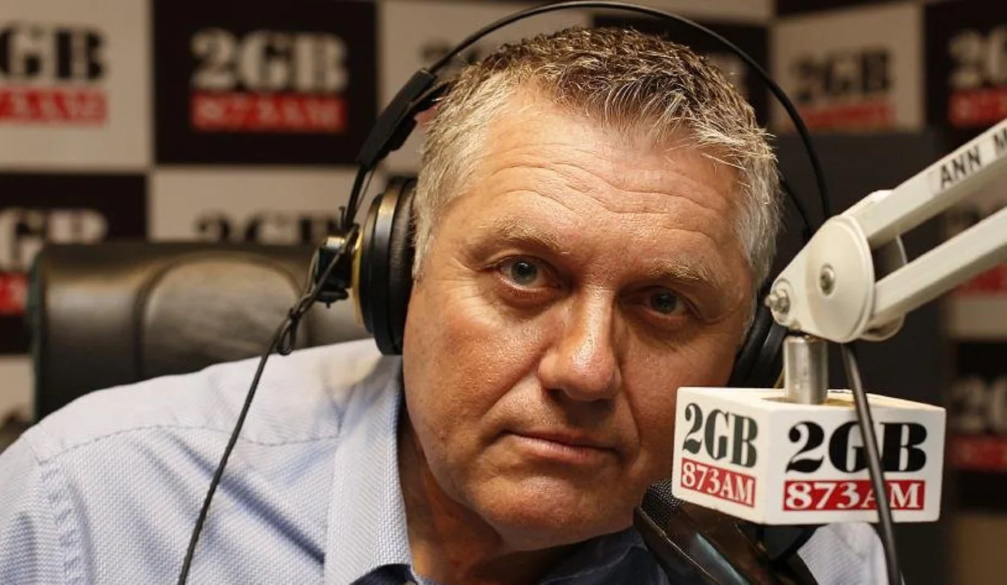Australia, you're performing linguistic magic when you pronounce the two-letter word 'no'. Here's why
- Written by Amy Hume, Lecturer In Theatre (Voice), Victorian College of the Arts, The University of Melbourne

Have you ever thought about your pronunciation of the word “no”? If you say it out loud now, can you sense the movement of your tongue and lips as you form the “o” sound? You may notice there’s a lot to the pronunciation of the word in an Australian accent.
Clips of Australians saying this short, two-letter word have been trending on TikTok over the last year, with listeners fascinated by its pronunciation.
Speakers from outside Australia are also having a go at pronouncing the word themselves. Interestingly, when they write it out, they spell the word “naur”.
So, what is it people are hearing in the Aussie “no”, and why do they think there is an “r” sound at the end?
Read more: Oi! We're not lazy yarners, so let’s kill the cringe and love our Aussie accent(s)[1]
What sorts of sounds make up speech?
To be able to understand what is happening in an Australian pronunciation of the word, we need to first have a look at some of the elements of speech. Words are made up of vowels and consonants, and vowels themselves can be long or short.
Try saying out loud these words with long vowels: keep, dawn, far, soon and curl. Now these words with short vowels: cat, bed, hut, kid, nod and put.
Short and long vowels are all examples of monophthongs, vowels that have one single vowel element from start to finish.
Another category of vowels is diphthongs. These are vowels that have two distinct elements in one syllable. Words such as loud, prize, bay and void all contain diphthongs.
If we focus on the word “void”, try mouthing this word slowly as you say it out loud, and you may be able to sense your lips starting rounded in the shape of “aw” and then spreading to the shape of “ee”. Even though there are two distinct shapes within the vowel, the entire sound comprises one syllable, so it is called a diphthong.
Read more: The Aussie accent is drink-related? That's just a hangover from our cultural cringe[2]
Okay, so what about the word ‘no’?
What can happen in the word “no” is that the vowel becomes a triphthong – meaning there are three distinct elements to the vowel sound within one syllable.
While some Australian speakers would pronounce “no” as a diphthong, starting on “oh” as in dog and ending on “oo” as in put, others begin with an unstressed “a” (the sound at the end of the word “sofa”), then move to the “oh” and then “oo”.
Triphthongs are far less common, we don’t hear them often, which could be why the sound stands out to listeners.
You might be wondering how a speaker comes to pronounce “no” as a triphthong, when other words with the same vowel (such as boat, cone, loaf and oak) are pronounced as diphthongs. This could occur because the word “no” is an example of what linguists call an open syllable, meaning it has no consonant at its close. This allows the speaker to lengthen the vowel and draw it out – a feature we love in different Australian accents!
In actor-training, we view vowels and consonants as having two different roles in language: vowels are the emotional components of words, and consonants are the intellect. In a word like “no”, a lot of emotion and feeling can be conveyed in the vowel, allowing a variety of meaning to come through in its pronunciation.
Just think of how many meanings the word “no” can have, from a polite “No” to an emphatic “No!”, to an unsure or contemplative “Noooo”. You would say the word in hundreds of different ways every week. Using intonation, modulation and emphasis, the word is given meaning depending on how you say it.
But where does the ‘r’ come in?
To return to the spelling that has taken off on TikTok – why do people think they hear an “r” at the end of an Australian pronunciation?
It could be that the listener is linking the sound to ones they have in their own accent. Another possibility is that when an Australian speaker holds the final part of the triphthong (the short “oo” as in “put”), their tongue may be moving closer to the roof of their mouth, beginning to sound like an “r”. However, they wouldn’t be going there consciously, and it may not feel anything like an “r” to them!
It’s important to note there are many varieties of Australian accents and not every speaker would pronounce “no” in the ways discussed here. Social media has created new platforms for sharing the voices of everyday speakers, not just those trained for media, stage, or screen. We’re now hearing different accent varieties that otherwise may not be heard by a global audience.
Read more: Curious Kids: Why do Aussies have a different accent to Canadians, Americans, British people and New Zealanders?[3]
References
- ^ Oi! We're not lazy yarners, so let’s kill the cringe and love our Aussie accent(s) (theconversation.com)
- ^ The Aussie accent is drink-related? That's just a hangover from our cultural cringe (theconversation.com)
- ^ Curious Kids: Why do Aussies have a different accent to Canadians, Americans, British people and New Zealanders? (theconversation.com)

















